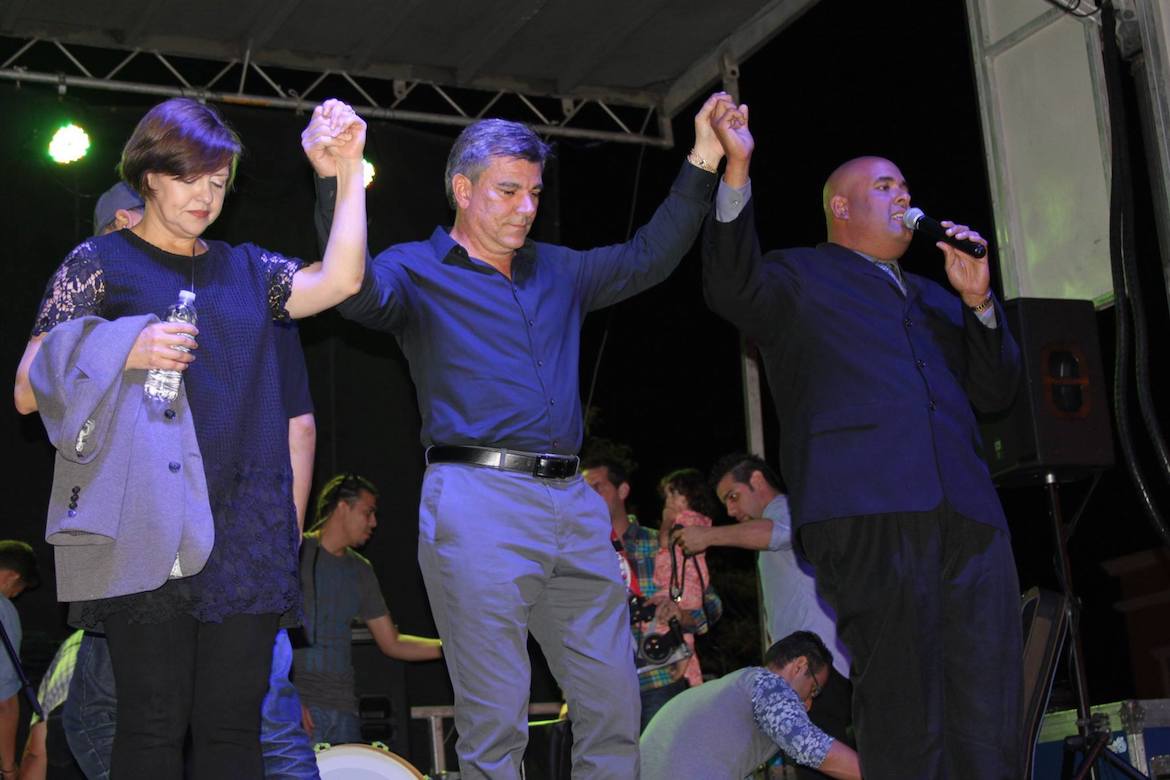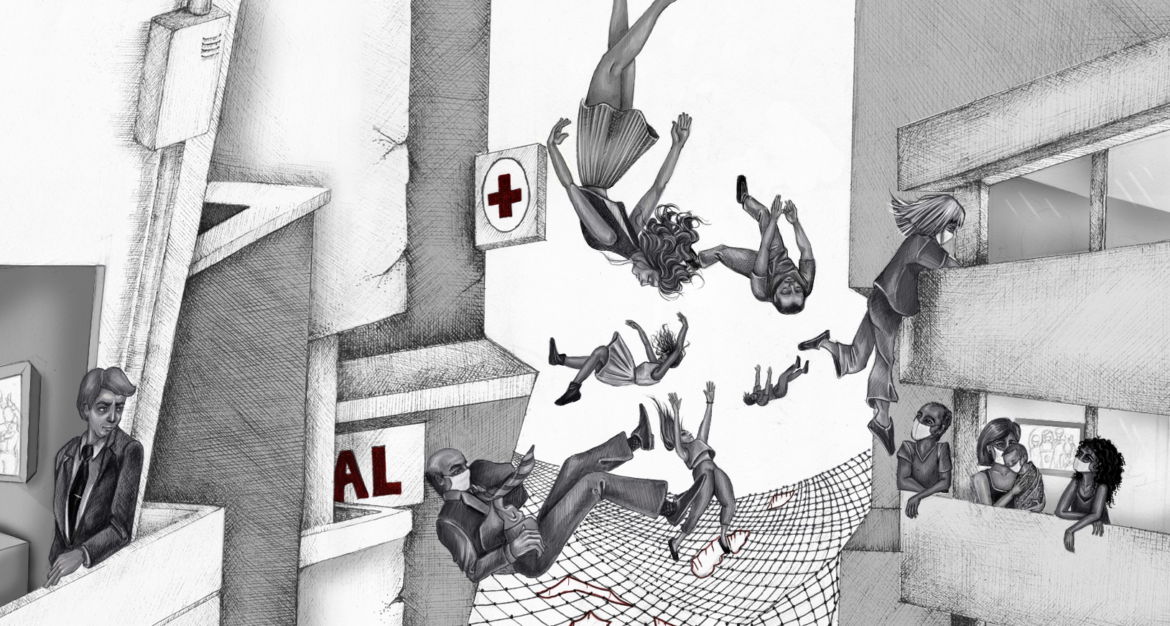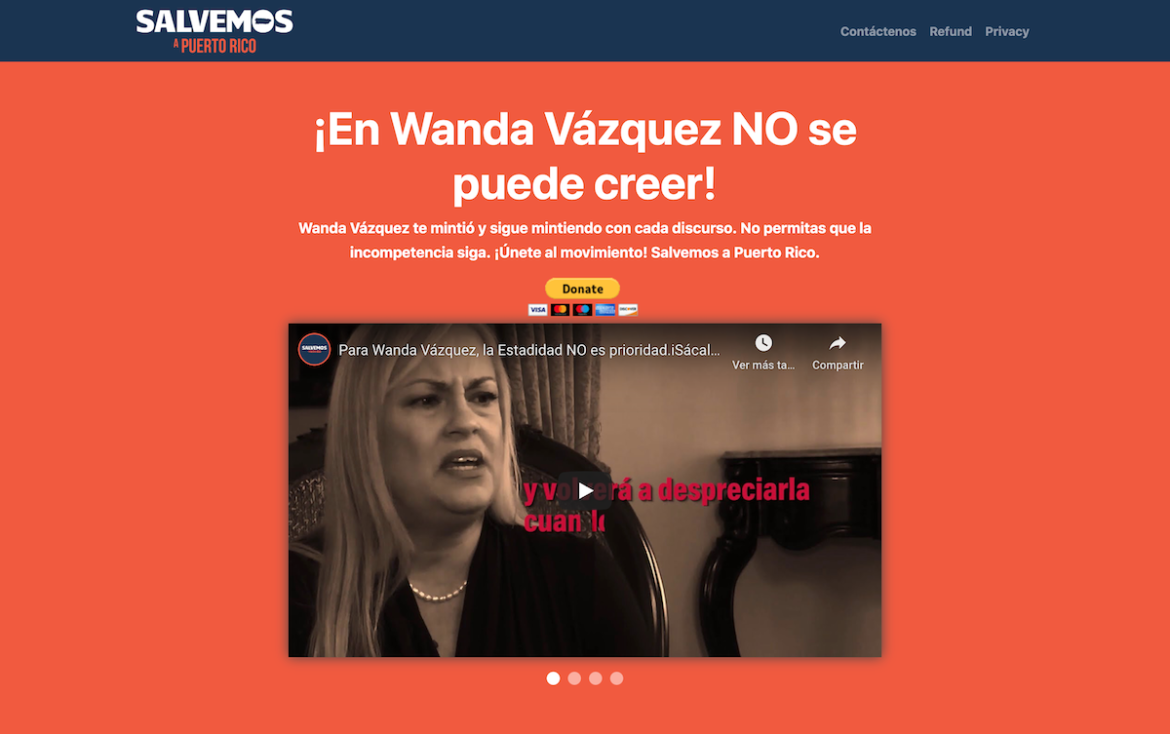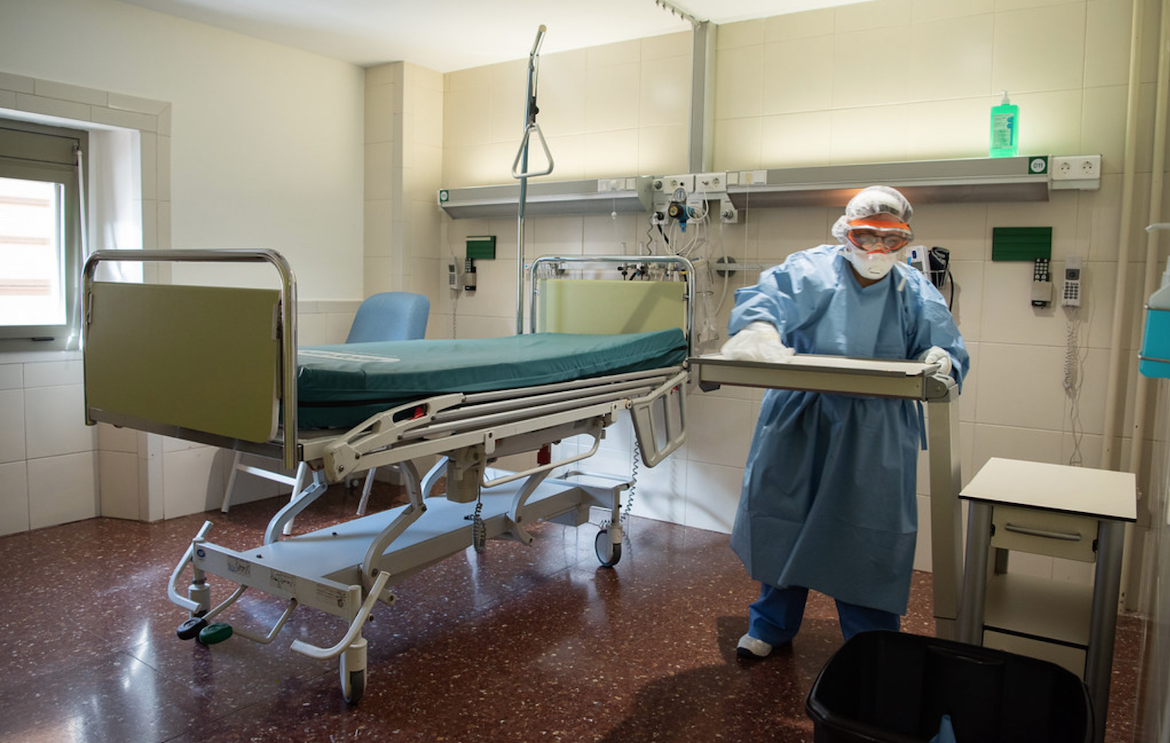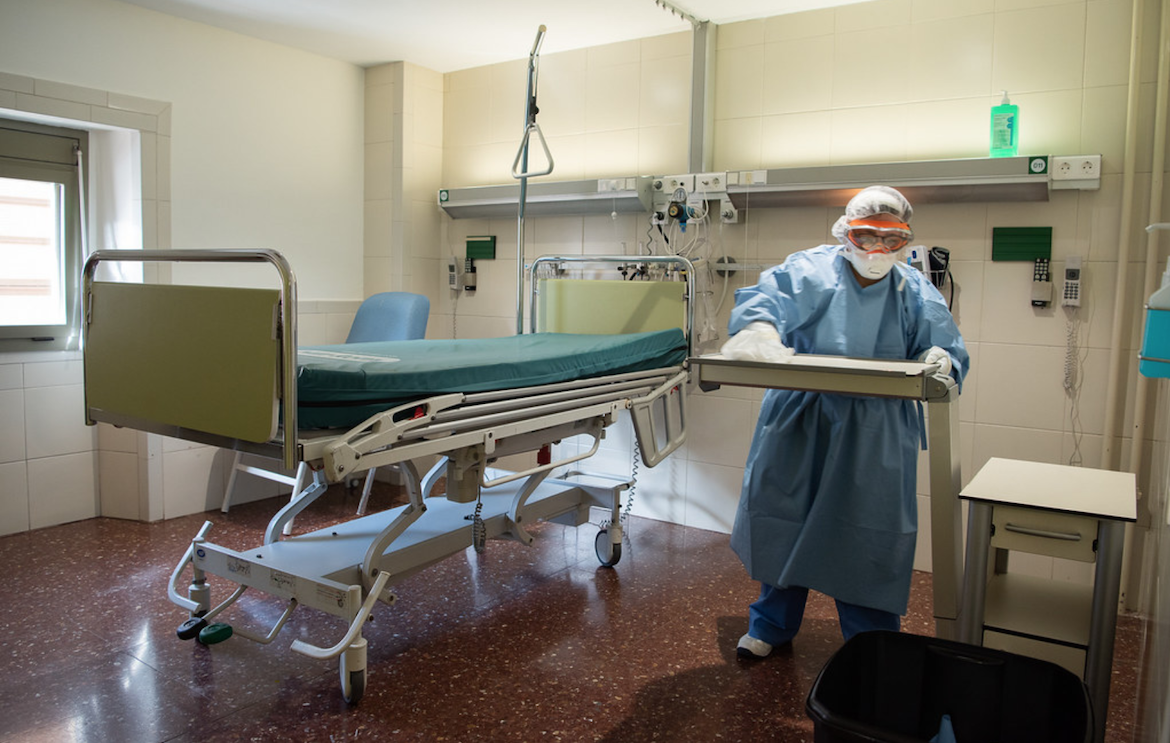Actualidad
Pastores conservadores y algunos intereses económicos detrás de Charlie Delgado Altieri
|
En cuestión de cuatro meses el candidato a la gobernación por el Partido Popular Democrático (PPD) y alcalde de Isabela, Carlos “Charlie” Delgado Altieri ha dado un salto cuántico en recaudaciones y en el favor del electorado, difícil de entender hasta para líderes de su propia colectividad. Las respuestas a la pregunta del por qué el acelerado despegue de Delgado Altieri de ser un virtual desconocido para la mayoría de los electores en Puerto Rico a liderar el ciclo electoral en donativos y estar a la par en las encuestas con su principal contendiente, el ex comisionado residente del Partido Nuevo Progresista (PNP) Pedro Pierluisi, están más cerca del PNP de lo que se pudiera imaginar, según seis fuentes del Centro de Periodismo Investigativo (CPI) y documentos oficiales. La historia de este despegue incluye estrategias para afianzar el voto religioso a través del liderato de su consejero espiritual y proveedor de servicios del Municipio de Isabela, el pastor estadista Rafael Riquelme Abrams, de reuniones con decenas de pastores evangélicos y reclamos de que Delgado tiene una encomienda de Dios para gobernar a Puerto Rico. Una de estas reuniones ocurrió el 14 de julio en la iglesia de la pastora Iris Nanette Torres en Bayamón, donde el Alcalde acudió para recabar el apoyo de sobre 50 pastores congregados en el lugar. Torres confirmó por escrito que la reunión se efectuó, pero rechazó haber sido la organizadora.


